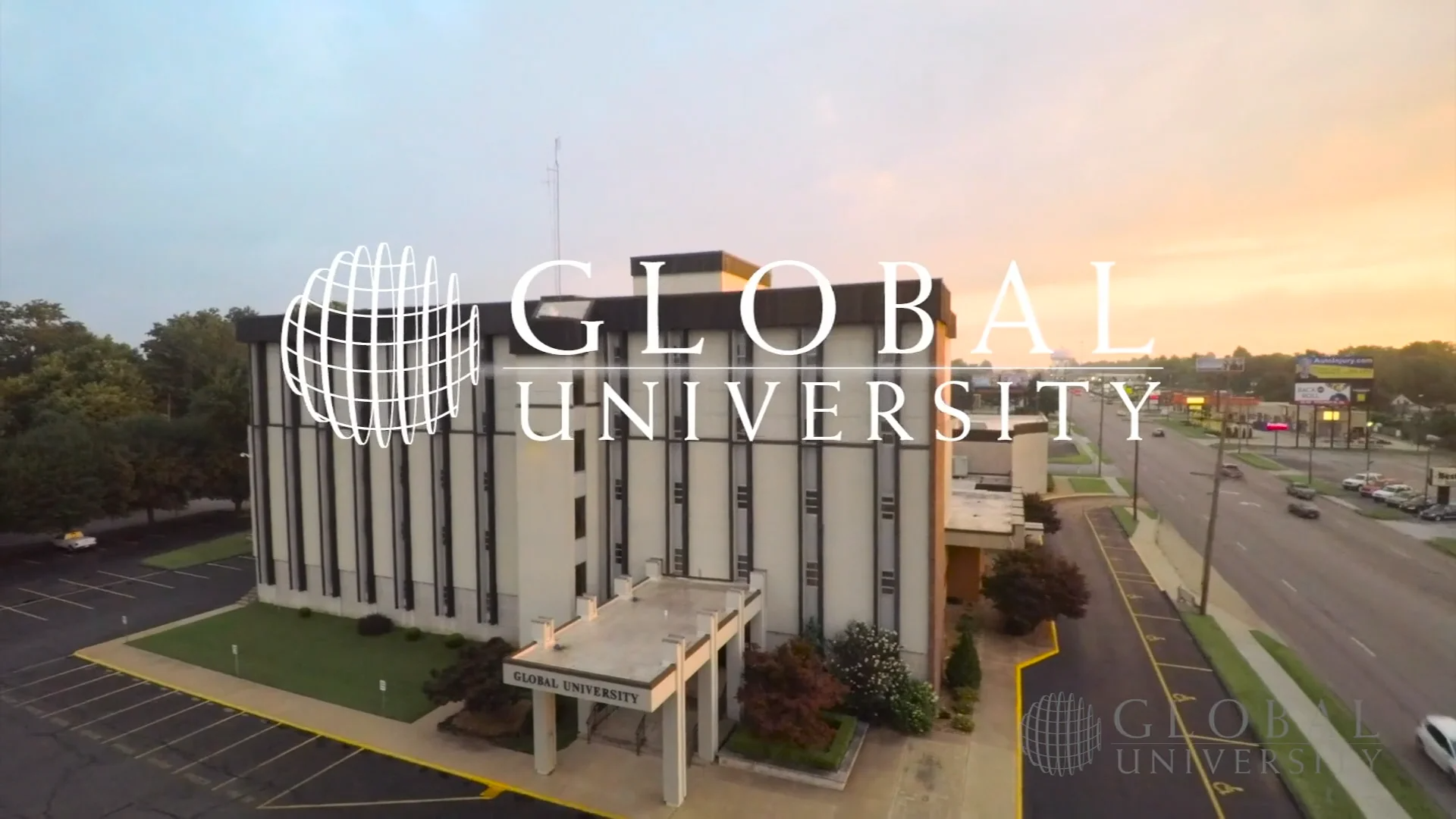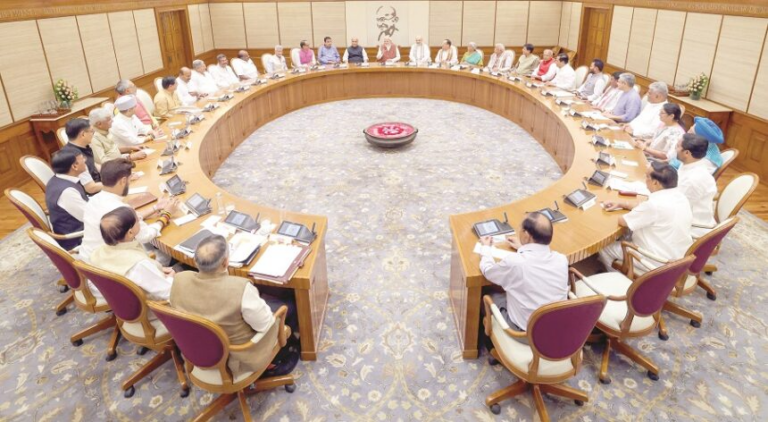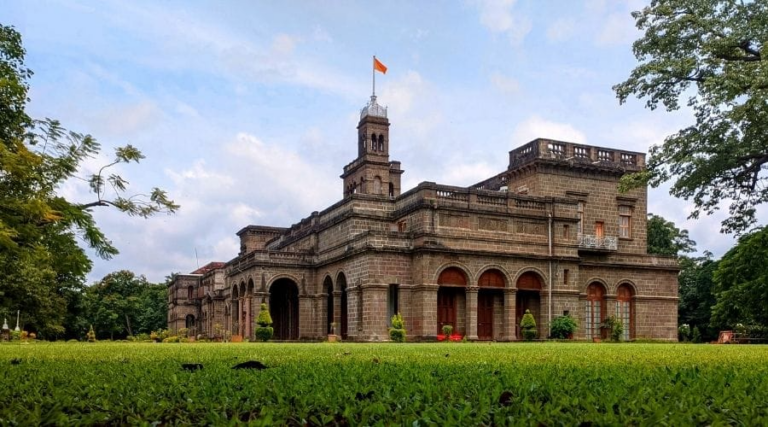
Special Correspondent
New Delhi : A recent report by a Parliamentary panel has pointed out that India has not yet succeeded in attracting any offshore campuses from top-tier global universities, including the prestigious Ivy League institutions. The panel, chaired by Congress MP Digvijay Singh, presented its findings in the Rajya Sabha earlier this week.
The report noted that while there has been an increasing trend of foreign universities expressing interest in setting up campuses in India — largely driven by the country’s vast student population and the government’s push for international collaborations — none of the world’s leading universities have established a physical presence in India so far.
“The Committee observes that India is yet to secure a campus from any of the globally renowned institutions, such as those in the Ivy League, New York University, or Carnegie Mellon University,” the panel stated. It recommended that the Department of Higher Education take active steps to bring these institutions to India in order to give Indian students greater access to world-class academic resources without leaving the country.
For context, the Ivy League refers to a group of elite U.S. universities known for their academic excellence, including Harvard, Yale, Princeton, and Columbia.
In 2023, the University Grants Commission (UGC) introduced a set of regulations titled “Setting up and Operation of Campuses of Foreign Higher Educational Institutions in India”. Under this framework, several institutions have begun the process of establishing campuses in the country.
So far, the UK’s University of Southampton is in the process of setting up a campus in India. Two Australian universities — Deakin University and University of Wollongong — have already established campuses at Gujarat International Finance Tec-City (GIFT City). In addition, Queen’s University Belfast and Coventry University from the UK have received approval to open campuses in the same region.
However, no U.S.-based university has established a physical campus in India as of now.
The report also reviewed the progress of the Study in India (SII) initiative, launched in 2018 to promote India as a global hub for higher education. According to the panel, the Department of Higher Education is targeting regions like South Asia, Southeast Asia, Central Asia, the Middle East, and Africa to attract international students.
To support this effort, the UGC has introduced several measures, including the provision to allocate up to 25% supernumerary seats for foreign students in Indian institutions. Additionally, universities are being encouraged to set up international affairs offices and alumni connect cells to boost engagement and global visibility.
The panel was also informed about an ongoing scheme to promote collaborative academic and research projects between Indian and foreign higher education institutions. Under this initiative, faculty members from both countries work jointly on research proposals across areas of strategic importance.
So far, 28 countries — including the US, UK, Germany, Australia, and France — are part of this program. The collaborations focus on critical domains such as emerging technologies, energy, sustainability, food security, healthcare, and industrial innovation. To date, 787 joint research proposals have been approved under this scheme.
Despite these promising developments, the committee emphasized the need for India to strengthen its efforts in attracting leading global institutions to set up campuses within the country, to truly internationalize its higher education system.






